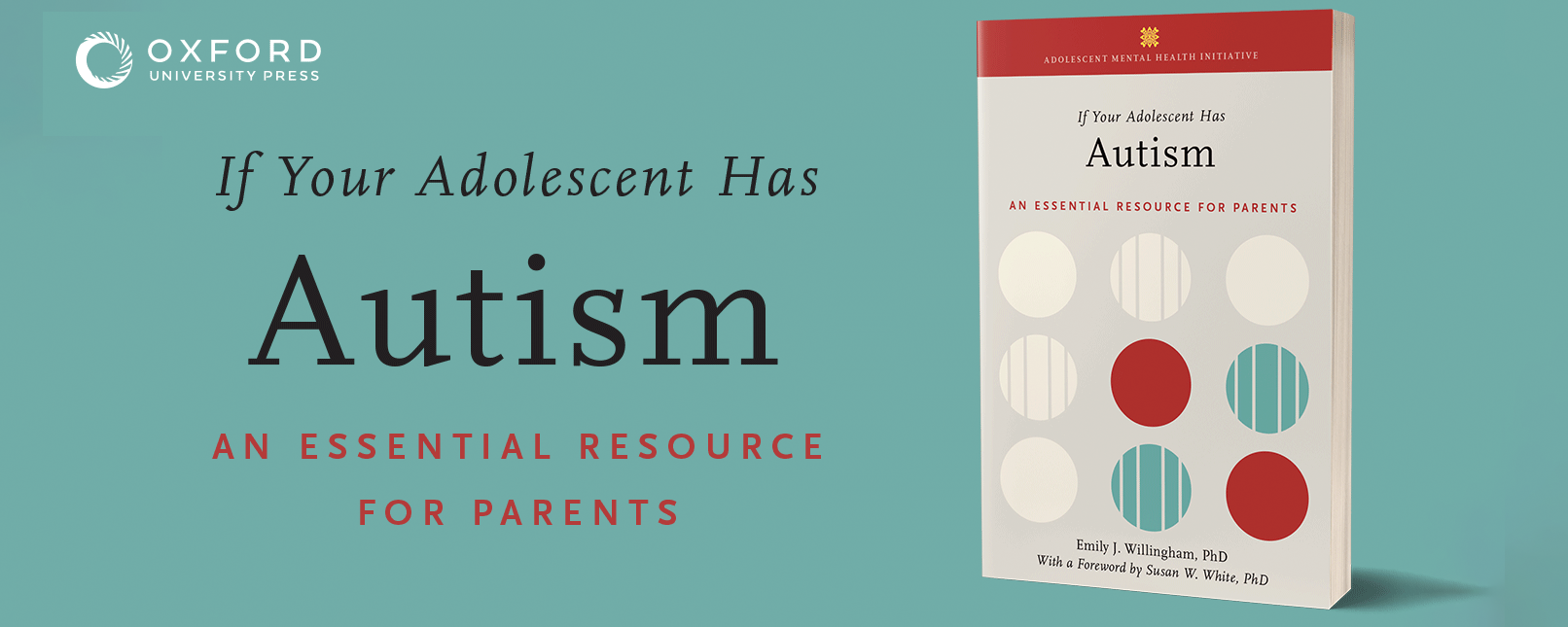Only 53%-58% of Americans Say President Must Follow a Supreme Court Ruling, [Large Minority (38%) Says President Can Ignore the Supreme Court Under Some Conditions], Three-Fourths Reject Presidential Signing Statements as Replacement for Veto, New Annenberg Public Policy Center Survey Shows
Contrary to what they have been taught in civics books, over one-third, 38 percent, of American adults thinks it is okay for the president to ignore a Supreme Court ruling if the president believes the ruling will prevent him from protecting the country against terrorist attacks, according to a recent national survey conducted for the University of Pennsylvania’s Annenberg Public Policy Center (APPC) that polled 1,002 members of the American public from August 3 to August 16, 2006.
The results of the new survey will be released by University of Pennsylvania professor and APPC director Kathleen Hall Jamieson, Thursday August 31 at a 10:15 A.M. panel on separation of powers at the annual convention of the American Political Science Association in Philadelphia.
“The big surprise in the survey,” said Jamieson, “is the minimal level of support for the notion that in a clash between the president and the Supreme Court, the president should accede to the Court.” Only fifty eight percent (58%) believes that if the president disagrees with a Supreme Court ruling, he should follow the Supreme Court’s ruling rather than do what he thinks is in the country’s best interest. A bare majority (53%) holds that a president must follow a Supreme Court ruling regardless of circumstances and even if he believes that the ruling will prevent him from protecting the country from terrorist attack.
“From President Truman to President George W. Bush, presidents have done what the Court required,” said Jamieson. “When the Court ruled against his position in the steel seizure case, President Truman did as the Court instructed; so did President Eisenhower when he sent the paratroopers to integrate the Little Rock schools, President Nixon in turning over the tapes in the middle of the Watergate investigations, and President George W. Bush in response to the ruling in Hamdan v. Rumsfeld. A surprisingly large part of the public doesn’t think a president needs to do so if he thinks the ruling is not in the country’s best interests or if abiding by the court’s ruling would put the country at risk from terrorist attack. “


